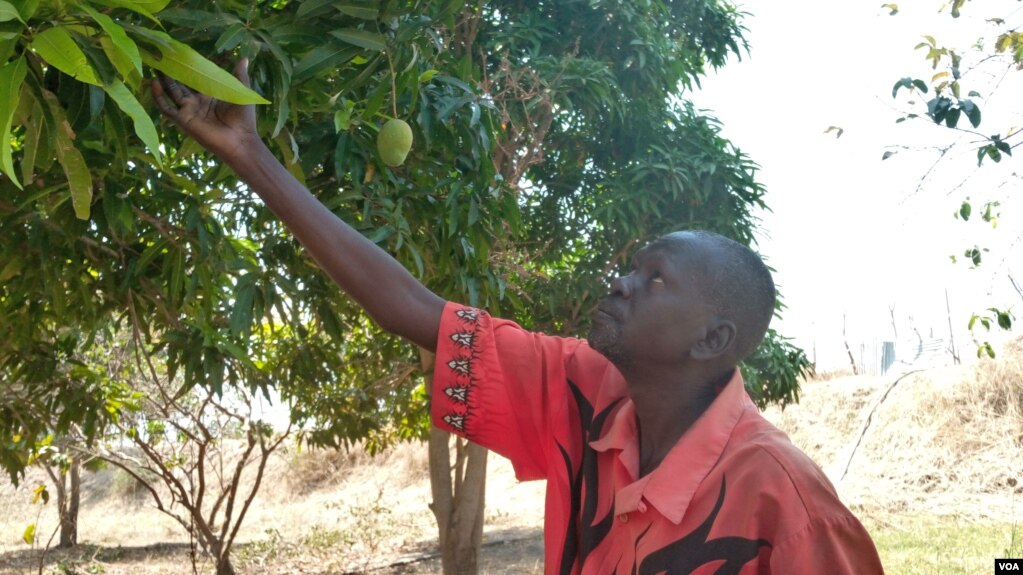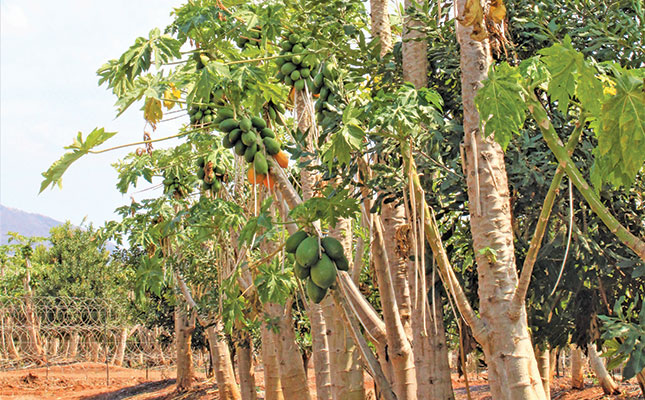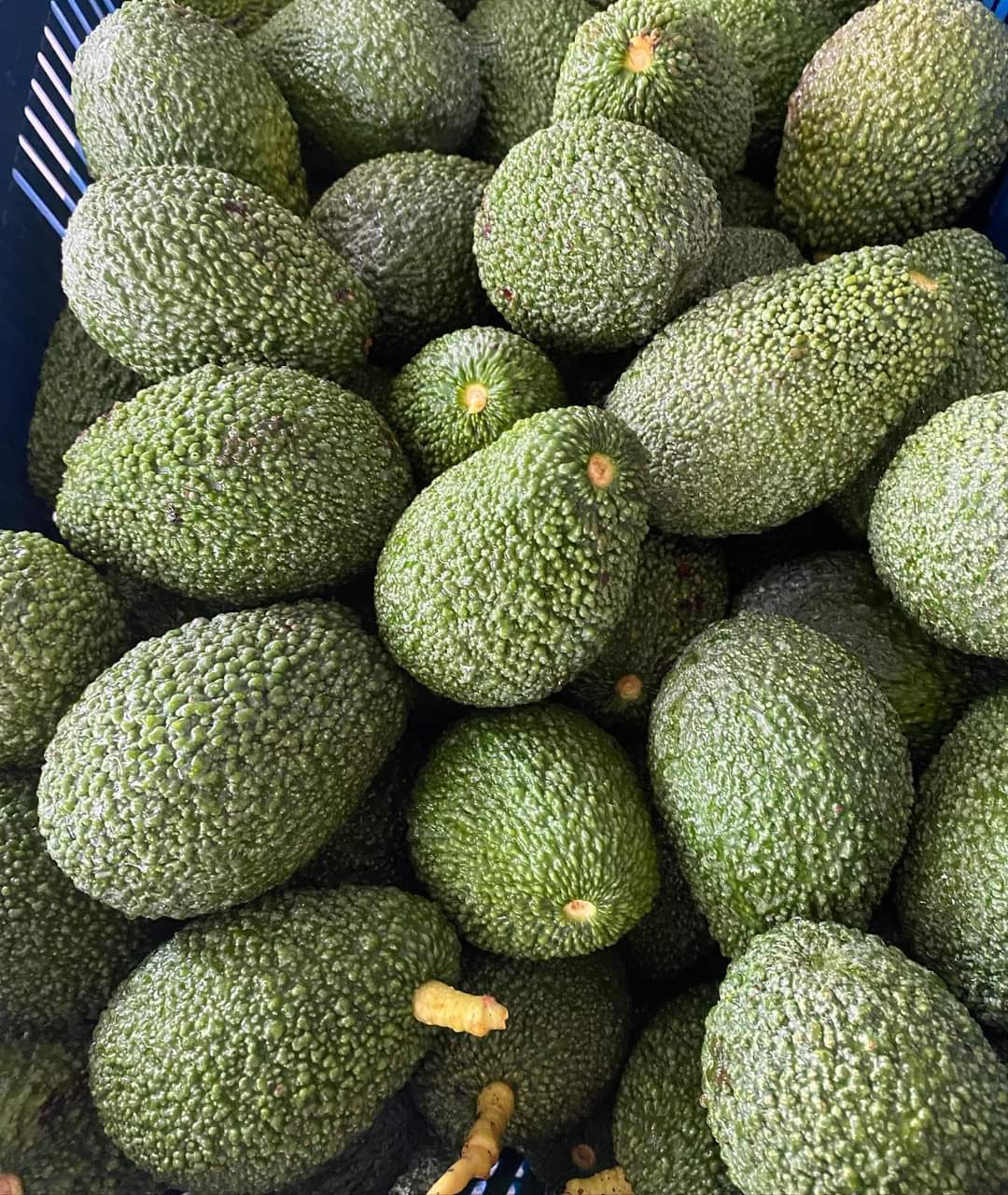A former South Sudanese soldier turned farmer in Jonglei state says he is earns millions of South Sudanese Pounds each year from his fruit farm, far more than he ever earned serving in the military.
Paul Alim Amol, who is 50 years old, retired from the military two years after the signing of the 2005 comprehensive peace agreement, which ended the civil war in Sudan.
Amol says that’s when he decided to invest in growing fruit trees despite some widely-held superstitions the people of Jonglei have about fruit farming.
“The belief of the people of Bor and the Dinka is that if you plant a fruit tree, when it produces its first fruit, you will die and then the other people will enjoy it when you are dead. That belief scares many people to do fruit farming,” Amol told South Sudan in Focus.
Amol says he earns about 2 million South Sudanese pounds, or $15,000 a year from growing sugar cane, mangoes, guava, oranges, and other fruit, which is more than enough to take care of his family’s needs.
“I saw work as very important because we just came from the bush, we had nothing to eat, and the salary was not enough. I chose to be a farmer so that I feed my family and supply this town. Up to now the number of mango trees that produce in a year increase yearly. Guava, pawpaw, lemons, oranges increases yearly [too],” Amol told VOA.
The former soldier sells his fruits in Bor town’s Marol market as well as in Anyidi, Jalle and Minkaman of Eastern Lakes state. He says if he had continued on as a soldier, he would not have enough money to send his children to school.
Most young people in Jonglei choose to work for the government or non-governmental organizations. Amol is trying to encourage young graduates to think about working the land instead.
“I am one of the people who came from the war and now 13 years in this work, I am well off. I don’t care about the money from the government. And I am not in hurry like what people say, ‘the salaries are late, the salaries are not [coming] all. That’s because I have what [we need] to eat,” said Amol.
Amol is urging the government to improve security in Jonglei state’s remote areas and provide loans to local entrepreneurs which will create jobs.
Akuol Chol Mayol says Amol inspired she and her husband Chol Mayol to jump into farming. The 32-year old, who grows fruits and vegetables, says she is able to send her children to the most expensive school in Jonglei.
“Farming is very important. For example for myself now, I don’t bother to go and look for UN voucher card, I have my fruits and vegetables in the farm, and also some livestock. All this gives me money to buy what I want for my family and pay school fees for my children. I encourage my sisters to stop being idle. They should get to work in order to liberate themselves from poverty,” Mayol tells South Sudan in Focus.
Sudanese national Awed Said, who owns a fruit juice kiosk in Bor, buys his guava, pawpaw, mangos and bananas from Paul Alim.
“I produce juices like avocado, pineapple, lemon, orange, and guava; all of them are here. The fruits from nearby farms are always fresher, so I encourage farmers to produce more fruit. It is a profitable business,” Said tells South Sudan in Focus.
With its rich, fertile soil, South Sudan has the potential to grow fruits and vegetables on a massive scale, but only a small percentage of the country’s land is cultivated. Out of an estimated 11 million people in South Sudan, only over 1 million households are involved in agriculture according to the World Food Program.
South Sudan imports most of its basic foodstuffs from other countries. Tomatoes, onions, maize flour, cooking oil, dairy products and beans are typically imported from neighboring countries like Uganda and Kenya.
Farmers like Amol and Mayol says they hope that changes over the coming years.





